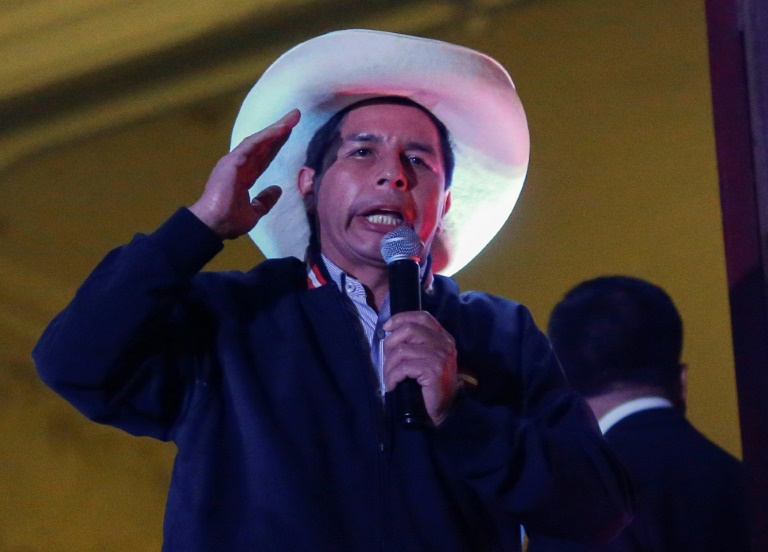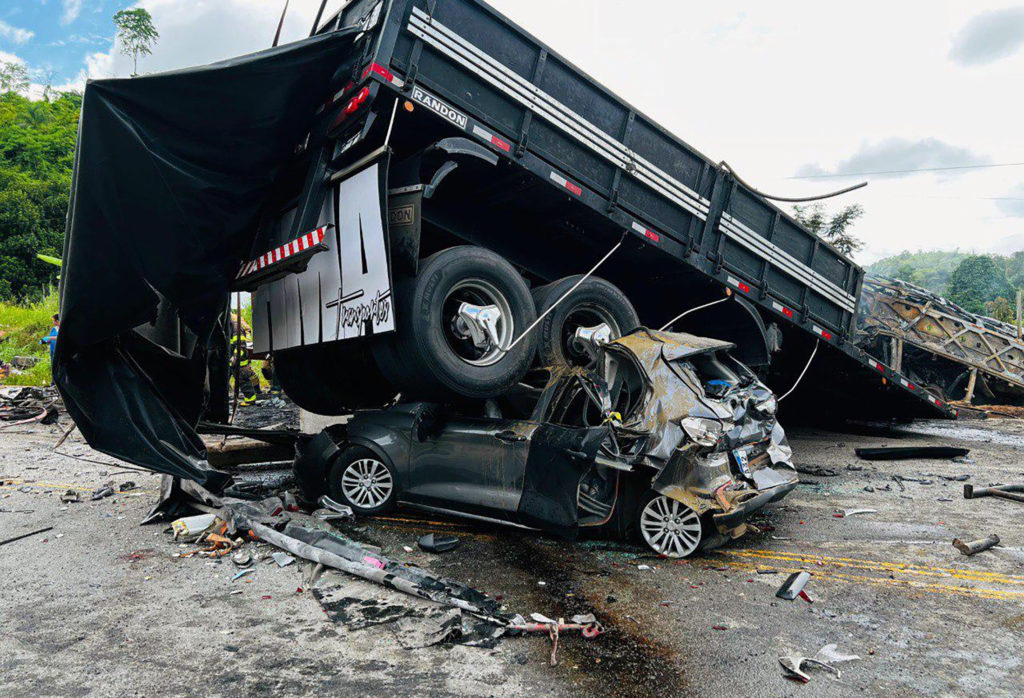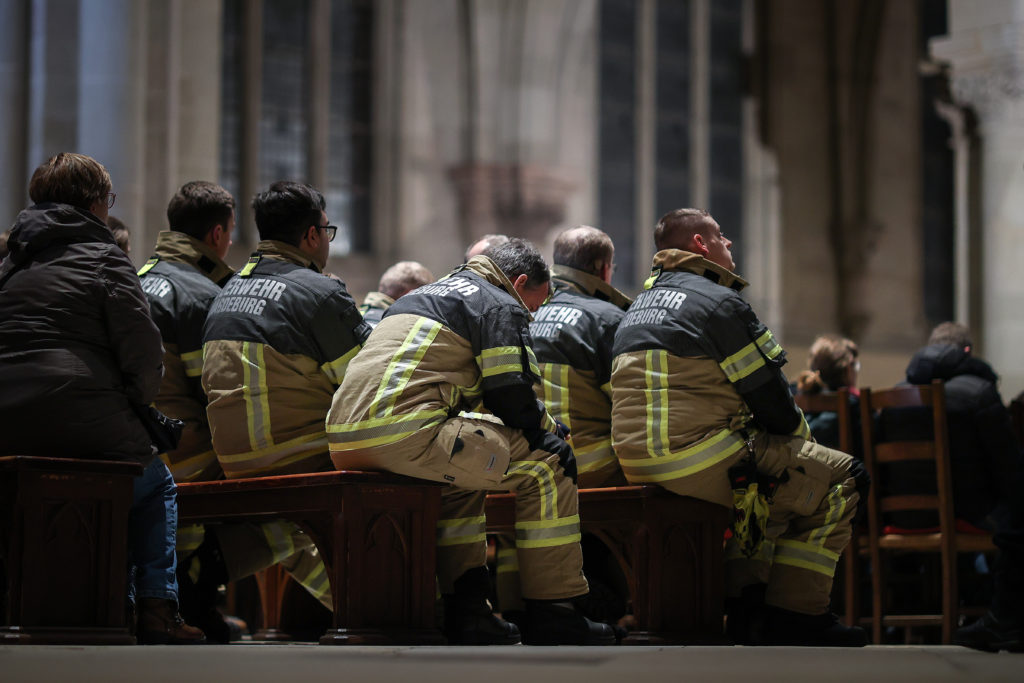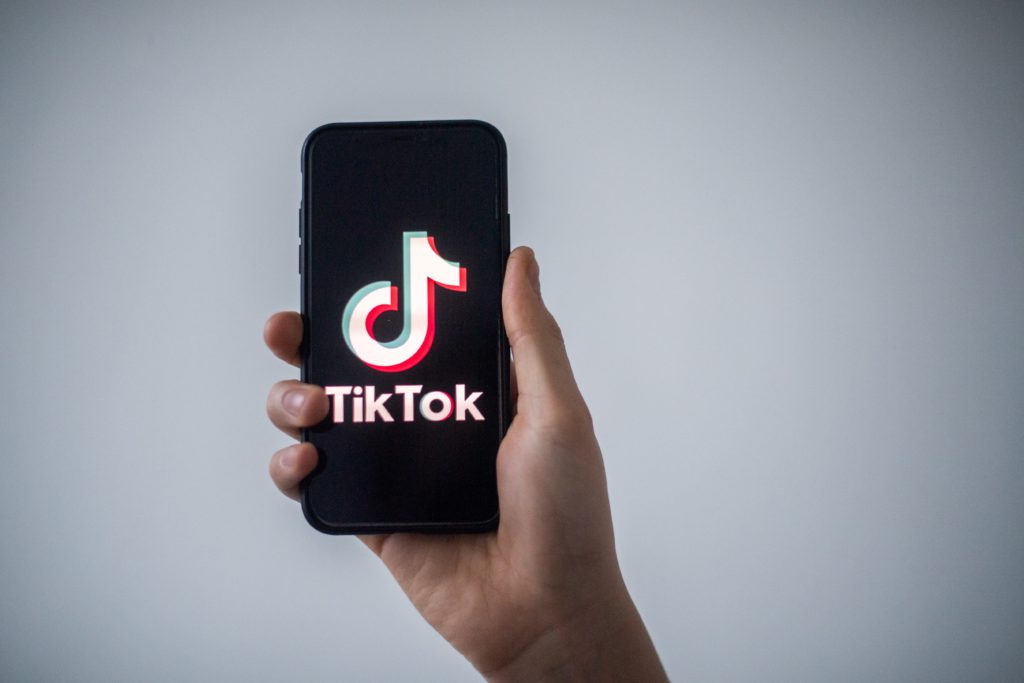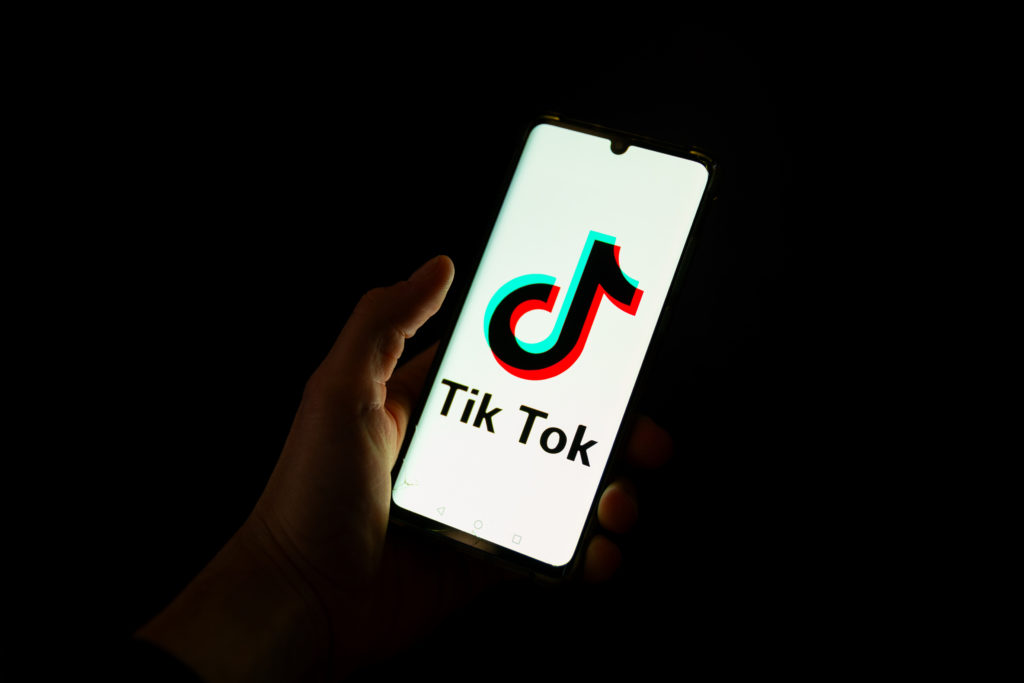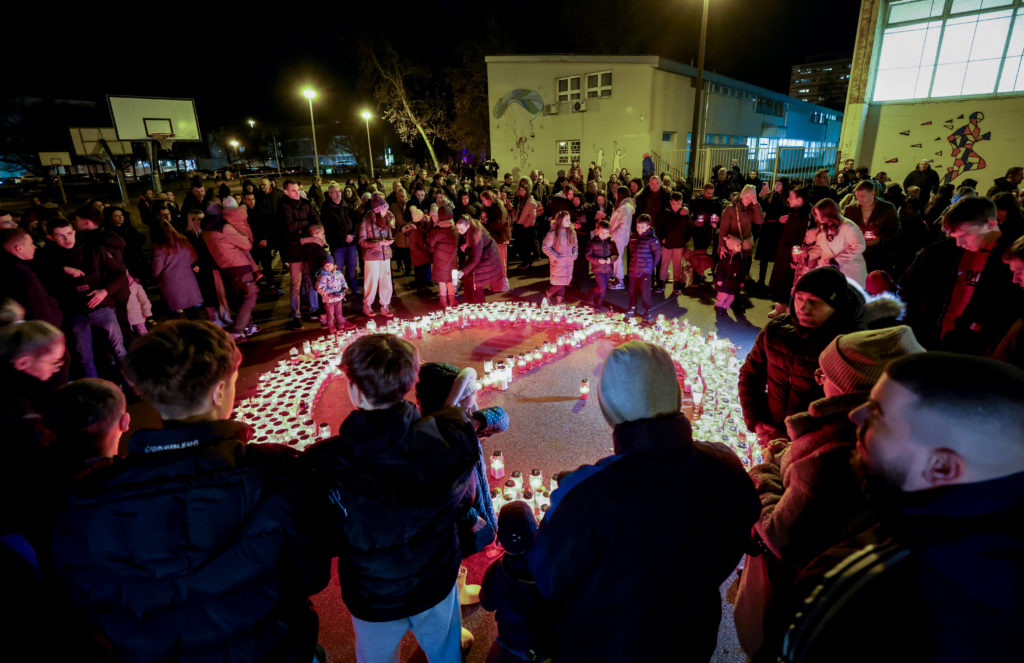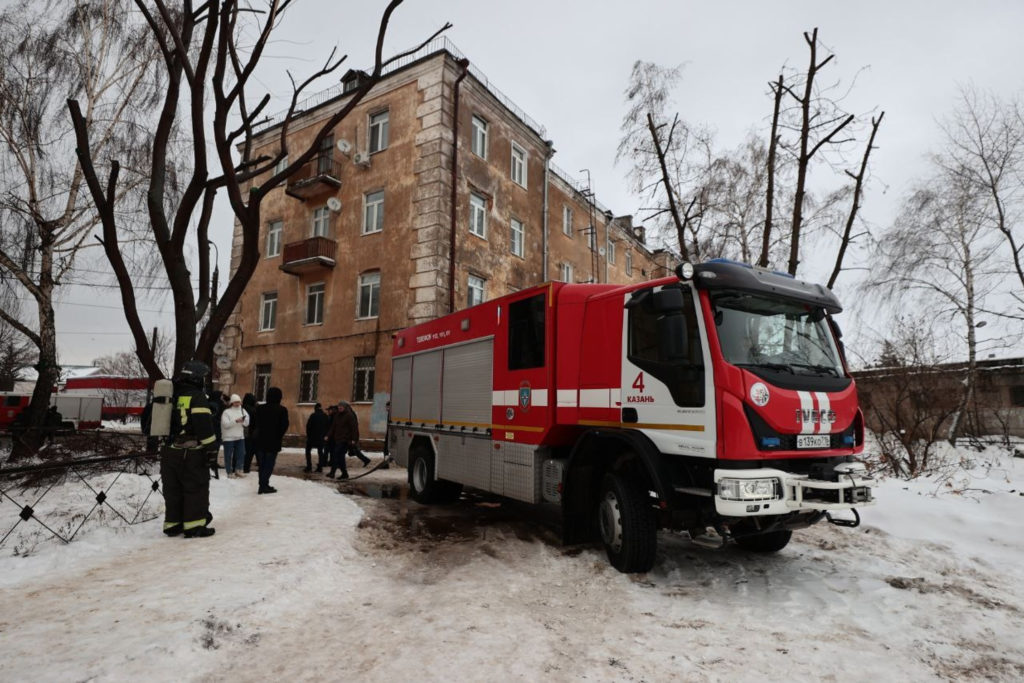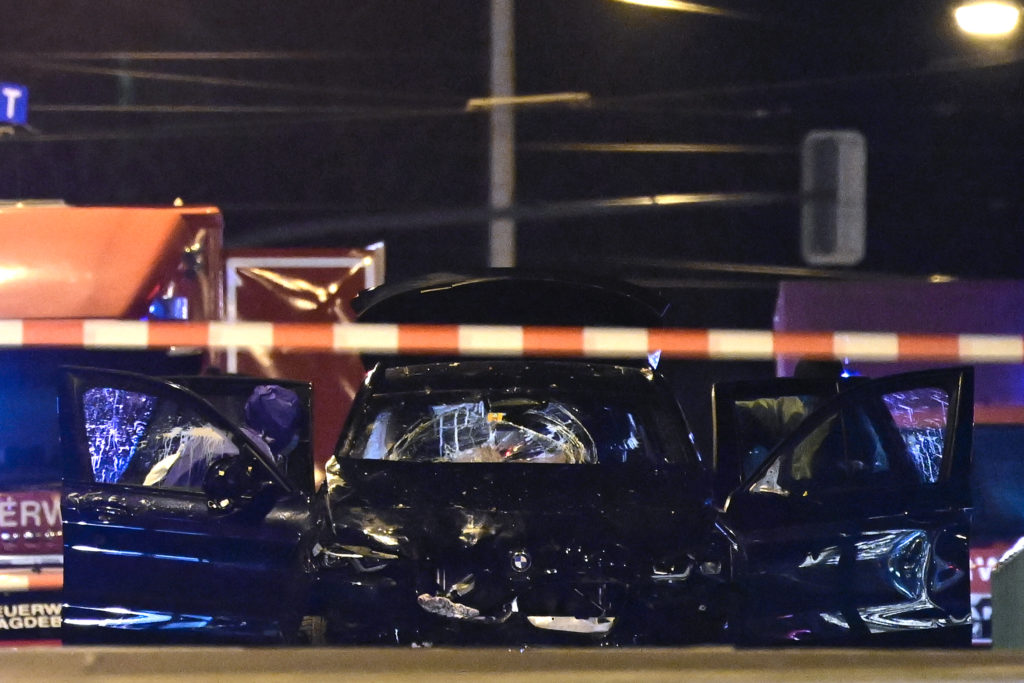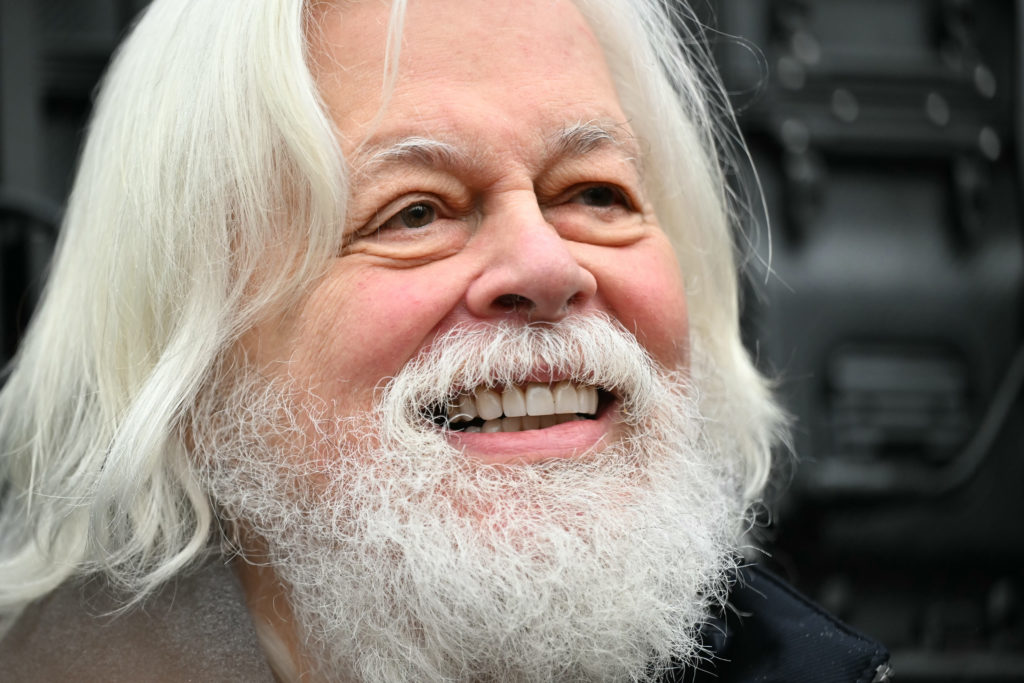Peru’s caretaker leader Francisco Sagasti moved Friday to “maintain calm in difficult times,” speaking to actors on both sides of a polarized presidential campaign still to yield a result five days after elections.
Tensions have been rising as officials undertake a review of tens of thousands of ballots disputed by rightwing candidate Keiko Fujimori, who risks imminent trial on corruption charges if she loses to leftist rival Pedro Castillo, who has already cast himself as the victor.
The review is expected to take several more days, and supporters of Castillo and Fujimori have rallied to call for their candidate to be anointed president.
Even without a final tally, leftist Latin American leaders have started congratulating Castillo, 51.
“The task of a head of State is to keep the country calm in difficult times. In that effort I got in touch with several people who… have contact with both candidates,” Sagasti tweeted.
“My request was the same for both: lower the tension and wait for the official results.”
Peruvians voted on Sunday for their fifth president in three years after a series of crises and corruption scandals saw three different leaders in office in a single week last November, the last one being Sagasti.
Seven of the country’s last 10 leaders have either been convicted or are under investigation for graft.
– Claims of ‘victory’ –
On the last count of Sunday’s runoff, rural school teacher and trade unionist Castillo led with 50.1 percent of the ballots compared to Fujimori’s 49.8 percent.
Castillo was ahead by some 60,000 votes, but Fujimori has claimed fraud and asked Peru’s National Electoral Tribunal (JNE) to annul the results from more than 800 polling stations, the equivalent of 200,000 votes.
If it rules in her favor, Fujimori could be declared the winner and so delay a corruption trial until the end of her term, under Peruvian law.
Prosecutors have said they would seek a 30-year jail term for Fujimori on charges of taking money from scandal-tainted Brazilian construction giant Odebrecht to fund failed presidential bids in 2011 and 2016.
The 46-year-old denies the allegations. She has already spent 16 months in pre-trial detention.
On Thursday, a prosecutor sought preventive custody for Fujimori, claiming she had violated her parole conditions by meeting with a witness in the case. A decision is pending.
Meanwhile, Castillo said Wednesday that party observers considered his triumph a done deal as he thanked “embassies and governments from Latin America and other countries” for messages of congratulations on his “victory.”
– Congratulations were an ‘error’ –
Castillo has received congratulations from two former presidents of Brazil — Dilma Rousseff and Luiz Inacio Lula da Silva — the ex-president of Ecuador, Rafael Correa, and former Bolivian leader Evo Morales.
Among sitting leaders, he received best wishes from Nicaragua’s first lady and vice president Rosario Murillo, Bolivian leader Luis Arce and Argentina’s Alberto Fernandez.
The messages prompted the Peruvian government “to deliver a note of protest to the ambassadors of those countries in Peru, indicating that the final results of the 2021 general elections have not yet been officially announced by the electoral authorities”, the foreign ministry in Lima said in a statement Friday.
Peruvian authorities and election observers have dismissed any possibility of vote-counting fraud.
As in Peru’s three previous presidential elections, the tail-end of vote counting has been slow due to delays in the arrival of ballots in Lima from rural and jungle areas, and from abroad — where one million of the country’s 25 million eligible voters live.
Whoever wins will lead a nation battered by recession and the world’s highest coronavirus death rate, with more than 187,000 deaths among its 33 million population.
Two million Peruvians lost their jobs during the pandemic and nearly a third now live in poverty, official figures show.
On the campaign trail, Castillo said Peru’s mining, oil and gas resources “must be nationalized” as he vowed to raise taxes and increase state regulation.
Free-market defender Fujimori has sought to portray Castillo as a communist who would turn Peru into a new Venezuela or North Korea.
On Friday, Castillo’s economic advisor Pedro Francke said the candidate’s program was “nothing” like” that of Venezuela.
“We will not expropriate, we will not nationalize, we will not impose generalized price controls, we will not make any exchange control that prevents you from buying and selling dollars or taking dollars out of the country,” Francke said in an interview with AFP.
“The autonomy of the Central Reserve Bank will be maintained, it is important in Peru that we have had low inflation.”
There was, however, a need for “higher taxes on big companies and mines,” said Francke.

